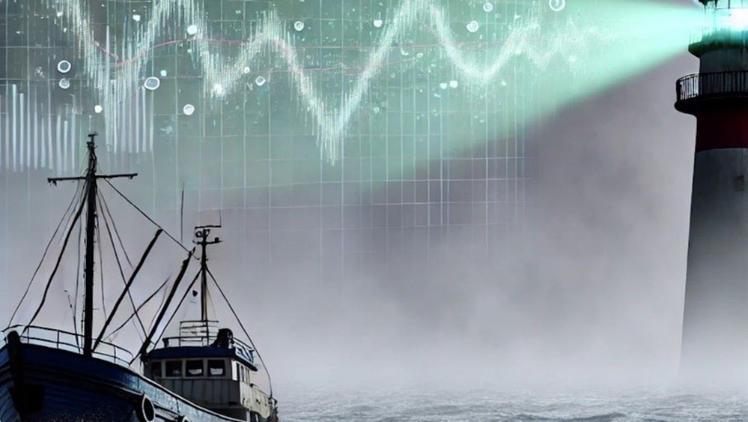The Data Science and Statistics Lecture (DSSL) began in 2018 as the Statistical Science Lecture, becoming the DSSL in 2023. It is an annual event made possible by a philanthropic donation to the School of Mathematics and Applied Statistics, University of Wollongong.

2024 Data Science and Statistics Lecture
-
-
-
UOW Wollongong 43.G01
The Ship Has Sailed: Where Should We Steer It? (Climate Adaptation Needs Uncertainty Quantification)
Statistics holds a critical place in Data Science; it is the principled collection, analysis, and interpretation of data. It gives scientists, including data scientists, the ability to weigh evidence appropriately and find signals in the noise. The annual Data Science and Statistics Lecture (DSSL) showcases the interdisciplinarity and key role that statistics plays in extracting scientific knowledge from data in the presence of uncertainty.
2024 Data Science and Statistics Lecturer
Christopher K. Wikle
Distinguished Professor in the Department of Statistics at the University of Missouri, USA
Abstract
Earth’s climate is changing due to anthropogenic influences. Although there are still well-meaning attempts to mitigate the drivers of this change (e.g., reduction of greenhouse gas emissions), it is widely believed that such changes will be “too little, too late.” Thus, for many, the focus has shifted to “climate change adaptation” in which decision makers modify their response to or anticipation of the numerous risks associated with climate change. There are many different approaches that can be taken when one adapts to climate change, ranging from resistance to retreat. The decision on the most appropriate way forward (how to steer the ship) requires a coherent, cohesive, and collective response across localities, sectors of society, and scales of governance. Such decisions require information from many different sources (e.g., from climate models, from impact assessments, from political and social scientists, … ), and these sources come with uncertainty. In addition, this process is inherently multi-disciplinary and requires teams of scientists and decision makers working together. Although it is well known that informed decisions must account for uncertainty, quantification of that uncertainty across multiple disciplines, information sources, and complex decision pathways is in its infancy. This relatively non-technical talk will describe some of the challenges and will argue that statistical science offers a path forward through multi-level (deep) modelling. Such approaches will likely borrow from Bayesian statistics as well as utilise modern surrogate modelling techniques and hybrid “AI”-statistical methods. Several examples will be presented to illustrate these points.
After Q&A, there will be light refreshments sponsored by the NSW Branch of the Statistical Society of Australia